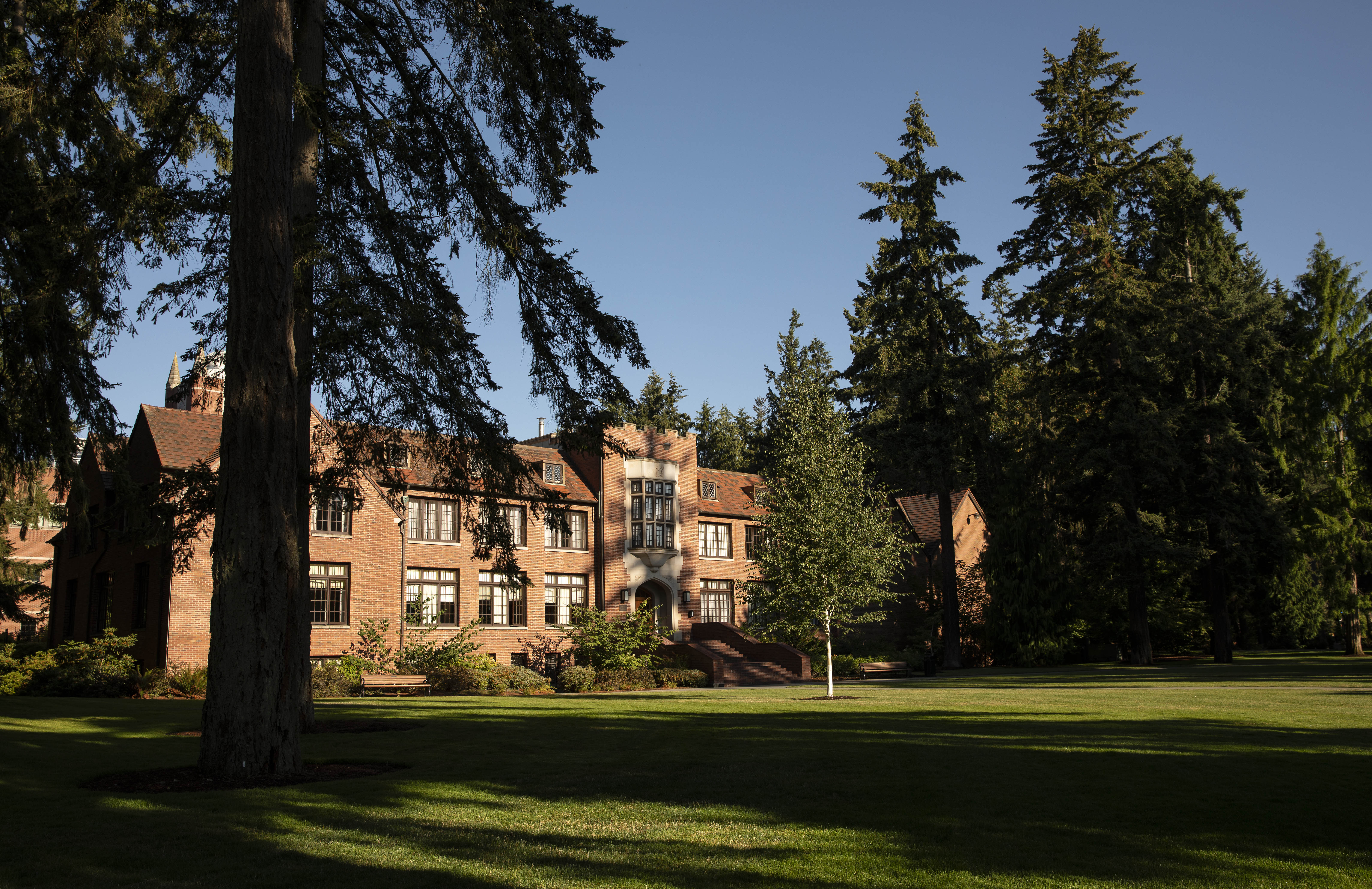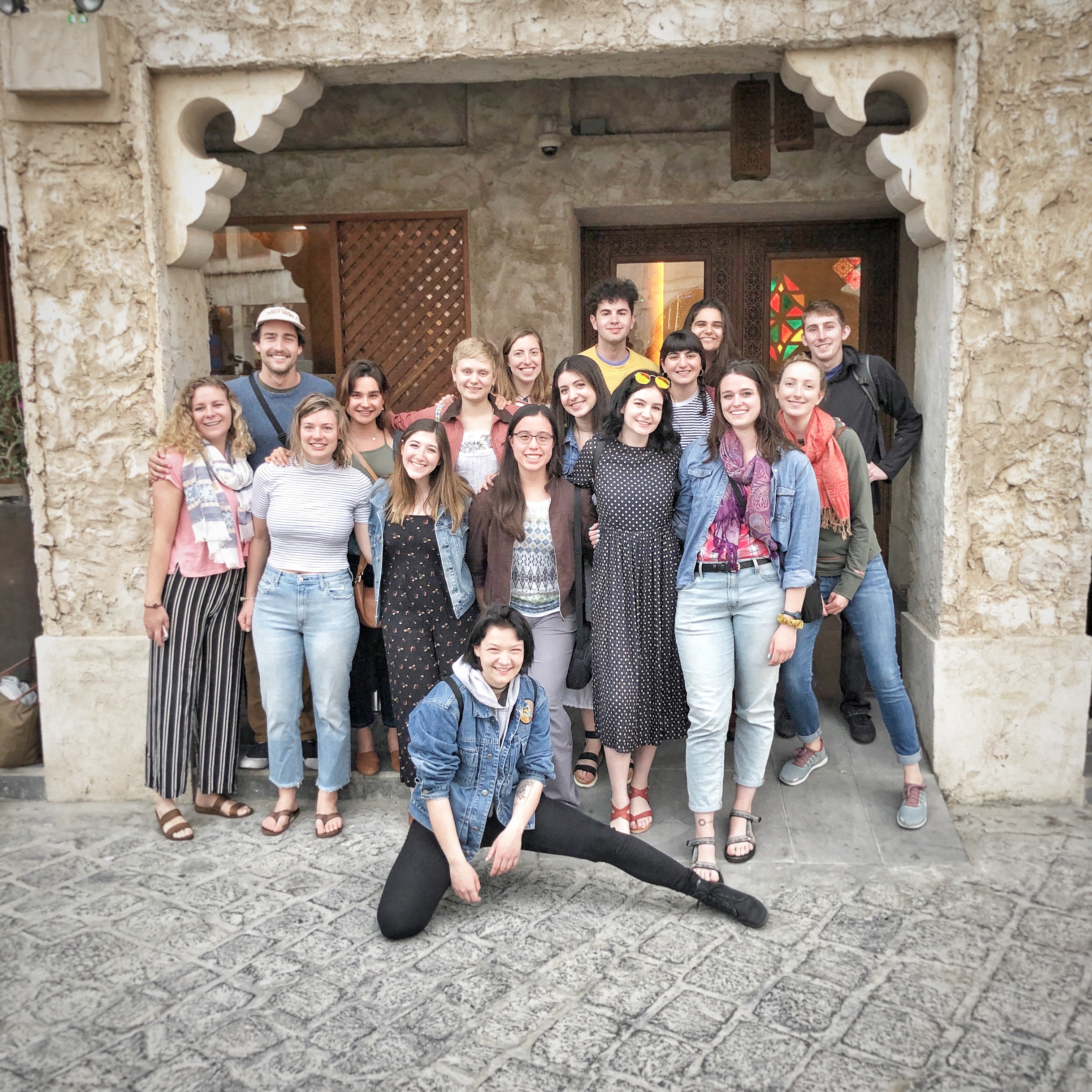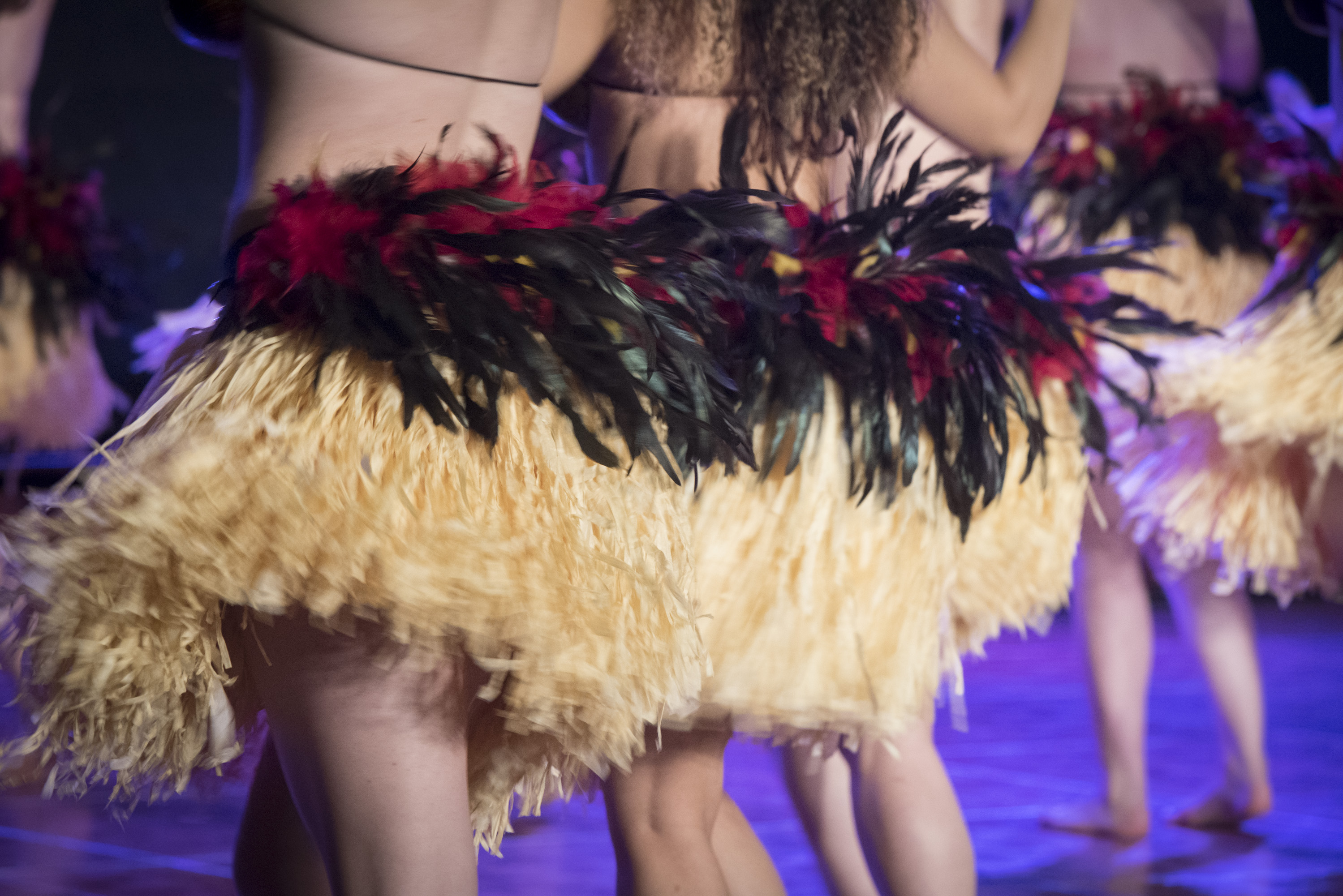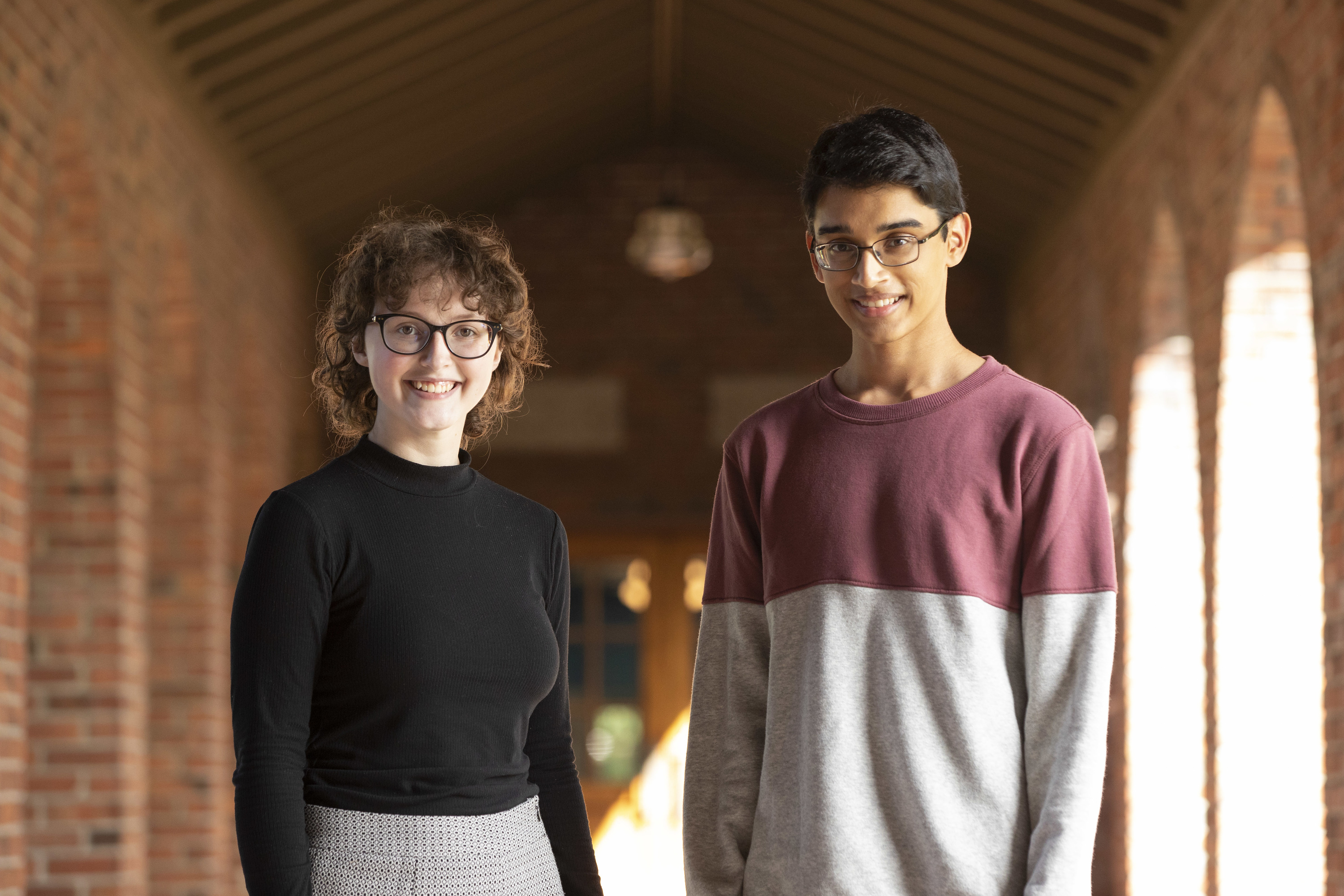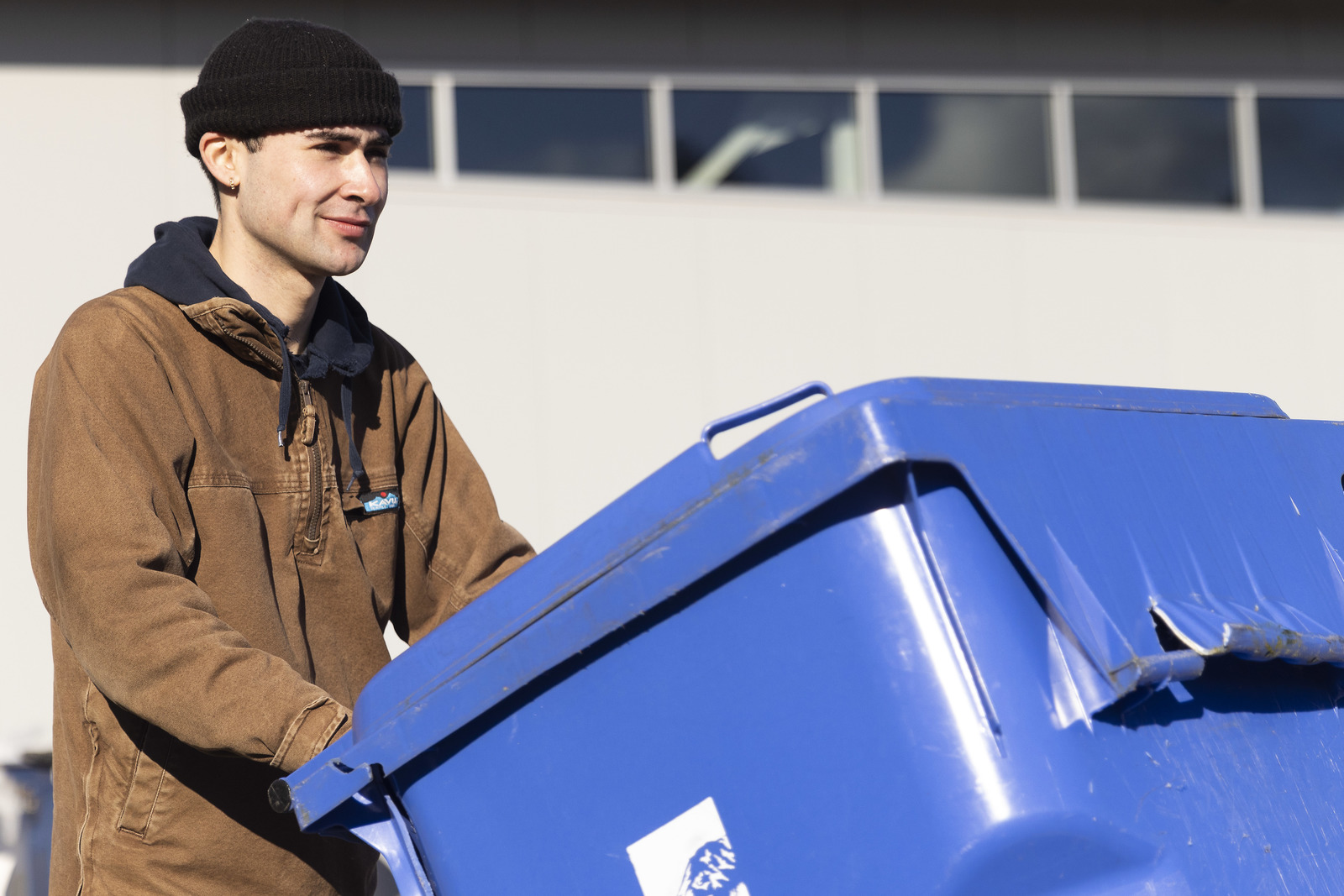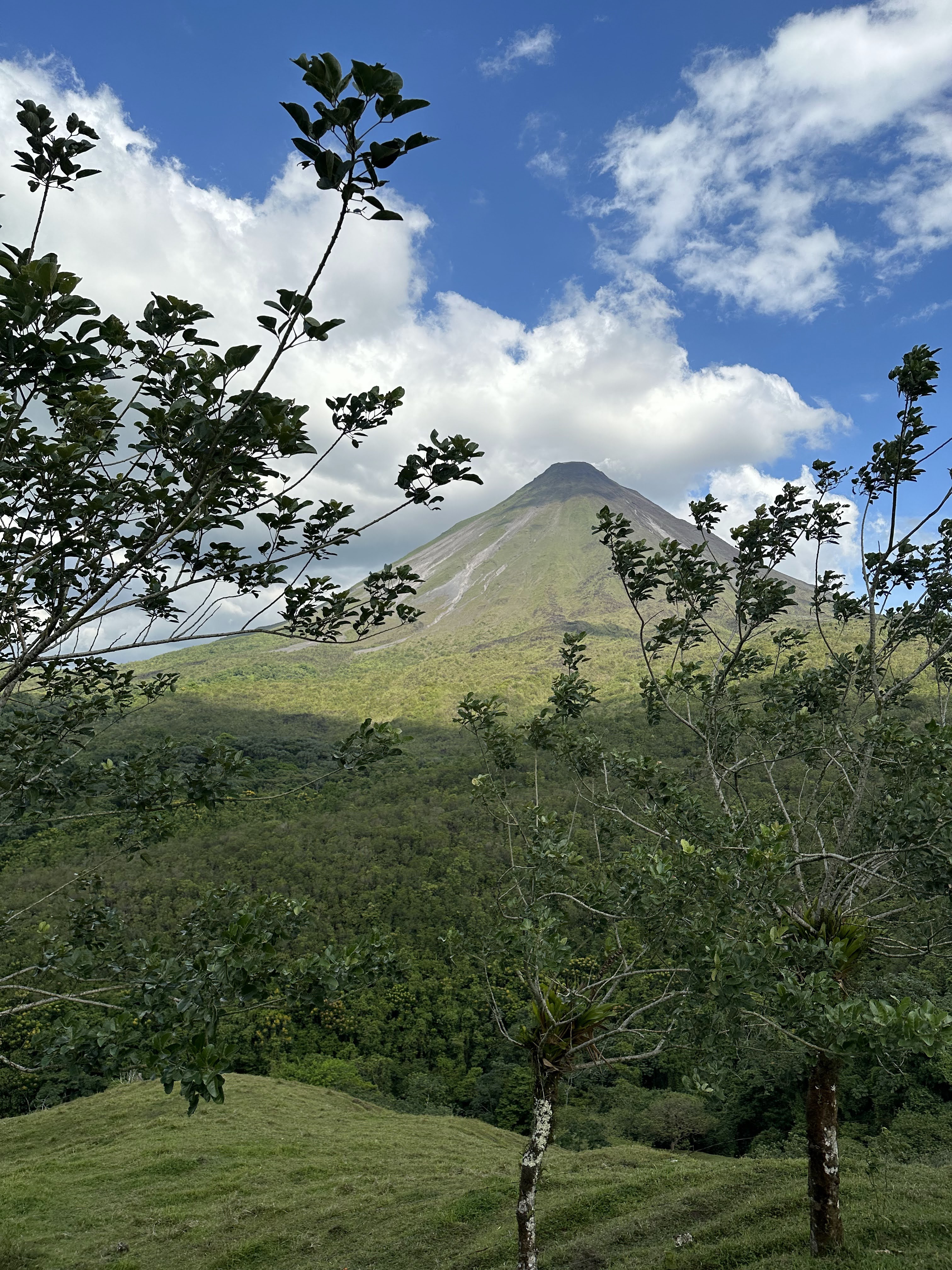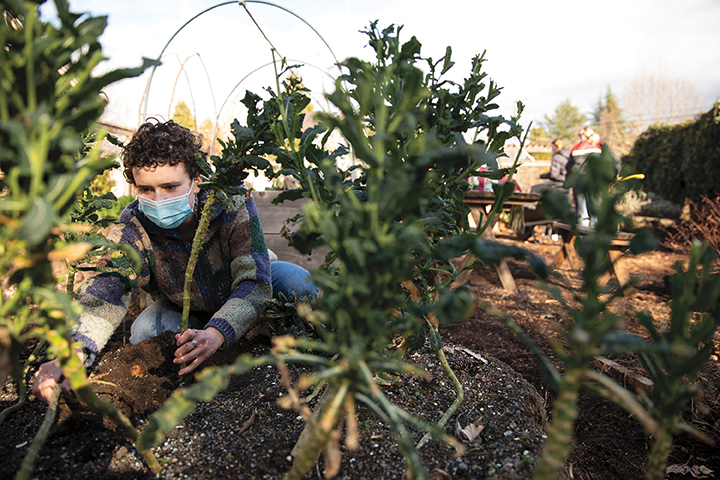With a six-pound axe raised above his head, Todd Blakely ’19 is waiting for the signal to begin chopping the log he is standing on.
He can hear the emcee: “Timers ready? Contestants ready? 3, 2, 1, Go!” Todd swings downward and the sharpened edge of the axe connects with the log inches from his toes.
In the spring of 2016, Todd was one of six students from Puget Sound’s Forestry Club competing in the Lumberjack Classic—a collegiate timbersport competition—at the University of Idaho. The competition consisted of seven events including the “underhand chop,” which requires participants to stand on a log set in a metal cradle and repeatedly deliver blows to the portion of the log between their feet. The contestant whose log splits first wins.
It was a different kind of competition for Todd, a 6-foot-4-inch Logger defensive end and biochemistry student who is more accustomed to tackling other players on the gridiron than swinging an axe. “It’s peaceful,” he says. “It’s just me, standing on a log. I’m not trying to fight anyone else.”
